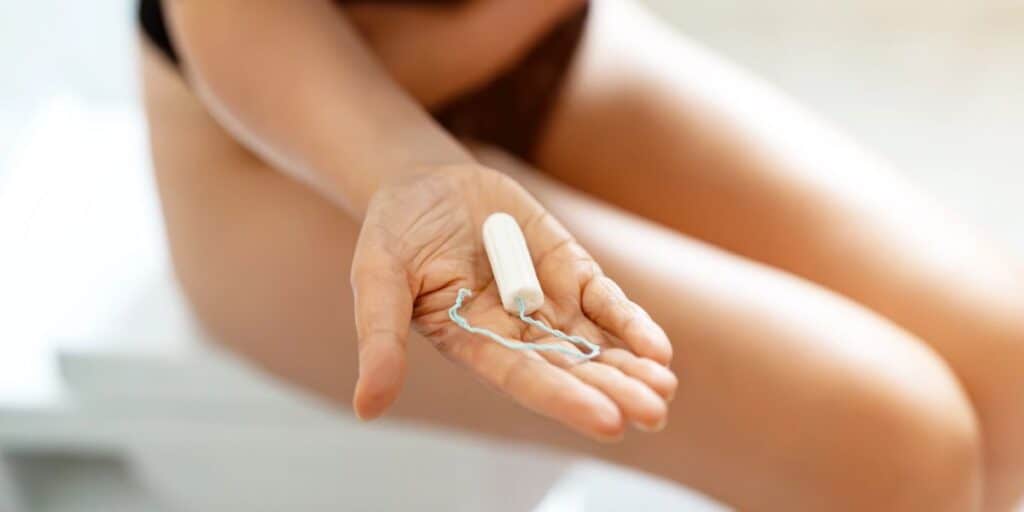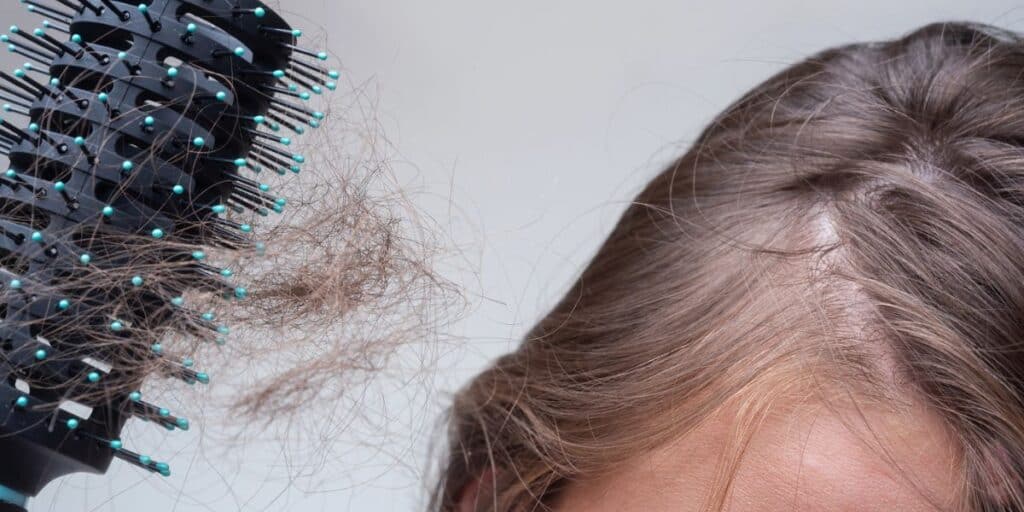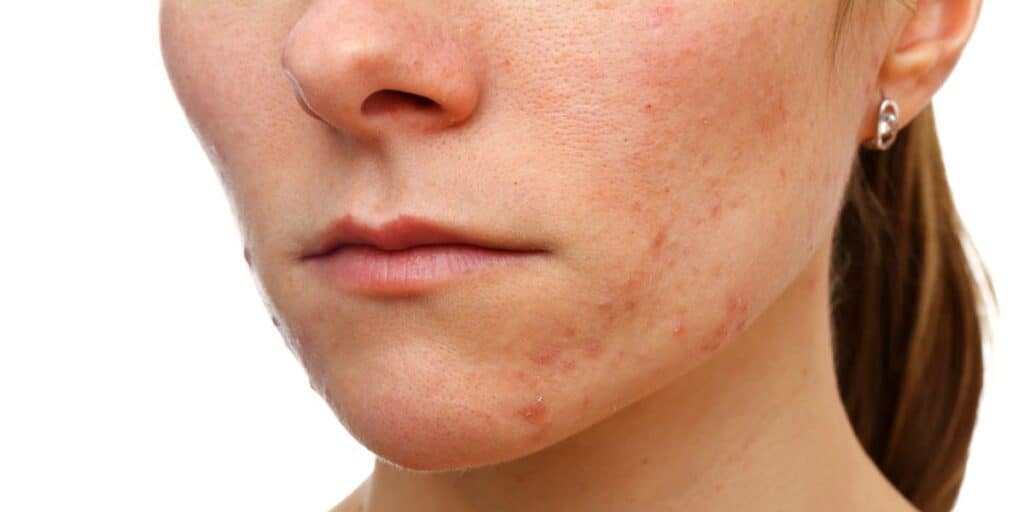The Women’s Health Blog
Home > Blog
Page 1 of 24

Top Doctors Los Angeles Magazine

Leading Physicians of the World

America's Best Physicians

Top Doctors Los Angeles Magazine

Leading Physicians of the World
Please fill out the form below and we’ll get back to you shortly!
Please fill out the form below and we’ll get back to you shortly!
* = required
"*" indicates required fields
The clinic of Dr. Aliabadi (hereafter referred to as the “Clinic”) is dedicated to improving the quality of medical and health information available on the world wide web. As a result, we pledge the following:
1. Authoritative
Any medical or health advice provided and hosted on this site will only be given by medically trained and qualified professionals unless a clear statement is made that a piece of advice offered is from a non-medically qualified individual or organization.
2. Complementary
The information provided on this site is designed to support, not replace, the relationship that exists between a patient/site visitor and his/her existing physician.
3. Privacy
Confidentiality of data relating to individual patients and visitors to a medical/health Web site, including their identity, is respected by this Web site. The Web site owners undertake to honor or exceed the legal requirements of medical/health information privacy that apply in the country and state where the Web site and mirror sites are located.
We use Google Analytics on our website to analyze the audience of the website and improve our content. No personal information is ever collected from Google Analytics. For further information on the privacy policy concerning Google Analytics, please go to: https://support.google.com/analytics/answer/6004245?hl=en.
4. Attribution
Where appropriate, information contained on this site will be supported by clear references to source data and, where possible, have specific HTML links to that data. The date when a clinical page was last modified will be clearly displayed (e.g. at the bottom of the page).
The source of the medically related content are written by the doctors and medical staff of the Clinic. Authorship is attributed on the content page and all information is medically reviewed by the Clinic’s education team.
5. Justifiability
Any claims relating to the benefits/performance of a specific treatment, commercial product, or service will be supported by appropriate, balanced evidence in the manner outlined above.
Please note that there are no guarantees that every medical treatment or surgery will satisfactorily cure or repair every condition, for every person, every single time.
Regarding any before and after pictures displayed on our website, the following are true:
6. Transparency
The designers of this Website will always seek to provide information in the clearest possible manner and provide contact addresses for visitors who seek further information or support. The Webmaster’s e-mail address is webmaster@draliabadi.com.
7. Financial Disclosure
No third-party commercial or non-commercial organizations have ever provided any economic support or services for this website. If that ever changes, it will be identified, including the identities of commercial and non-commercial organizations that have contributed funding, services, or material for the site.
8. Advertising policy
The Clinic does not accept any advertising from any company or individual and never has. If that ever changes, the source of funding will be stated and a brief description of our advertising policy adopted by the Web site owners will be displayed on the site. If advertising and/or other promotional material will ever be presented to website visitors, it will be in a manner and context that facilitates differentiation between it and the original material created by the institution operating the site.
1. Terms
By accessing this website, you are agreeing to be bound by this website’s Terms and Conditions of Use, applicable laws and regulations, and their compliance. If you disagree with any of the stated terms and conditions, you are prohibited from using or accessing this site. The materials contained in this site are secured by relevant copyright and trademark law.
2. Use License
3. Disclaimer
The materials on the Clinic’s site are given “as is”. The Clinic makes no guarantees, communicated or suggested, and thus renounces and nullifies every single other warranty, including without impediment, inferred guarantees or states of merchantability, fitness for a specific reason, or non-encroachment of licensed property or other infringement of rights. Further, the Clinic does not warrant or make any representations concerning the precision, likely results, or unwavering quality of the utilization of the materials on its Internet site or generally identifying with such materials or on any destinations connected to this website
4. Constraints
In no occasion should the Clinic or its suppliers be subject to any harm (counting, without constraint, harms for loss of information or benefit, or because of business interference) emerging out of the utilization or powerlessness to utilize the materials on the Clinic’s Internet webpage, regardless of the possibility that the Clinic or an approved agent has been told orally or in written of the likelihood of such harm. Since a few purviews don’t permit constraints on inferred guarantees, or impediments of obligation for weighty or coincidental harms, these confinements may not make a difference to you.
5. Amendments and Errata
The materials showing up on the clinic’s site could incorporate typographical or photographic mistakes. The Clinic does not warrant that any of the materials on its site are exact, finished, or current. The Clinic may roll out improvements to the materials contained on its site whenever without notification. The Clinic does not, then again, make any dedication to update the materials.
6. Links
The Clinic has not checked on the majority of the websites or links connected to its website and is not in charge of the substance of any such connected webpage. The incorporation of any connection does not infer support by the Clinic of the site. Utilization of any such connected site is at the user’s own risk.
7. Site Terms of Use Modifications
The Clinic may update these terms of utilization for its website whenever without notification. By utilizing this site you are consenting to be bound by the then-current form of these Terms and Conditions of Use.
8. Governing Law
Any case identifying with the Clinic’s site should be administered by the laws of the country of the United States of America and the General Terms and Conditions applicable to the Use of a Web Site.
Your privacy is critical to us. Likewise, we have built up this Policy with the end goal you should see how we gather, utilize, impart, and reveal and make utilization of individual data. The following blueprints our privacy policy.
We are focused on leading our business as per these standards with a specific end goal to guarantee that the privacy of individual data is secure and maintained.
Please fill out the form below and we’ll get back to you shortly!
Please fill out the form below and we’ll get back to you shortly!
* = required
"*" indicates required fields
The clinic of Dr. Aliabadi is dedicated to transparently publishing customer feedback and reviews. This policy applies to reviews submitted by patients through first- and third-party review sites monitored on this platform. We reserve the right to remove posts, comments, or reviews that violate our content policies and/or are suspected to be fraudulent.
For informational purposes only, a link to the federal Centers for Medicare and Medicaid Services (CMS) Open Payments web page is provided here. The federal Physician Payments Sunshine Act requires that detailed information about payment and other payments of value worth over ten dollars ($10) from manufacturers of drugs, medical devices, and biologics to physicians and teaching hospitals be made available to the public.
The Open Payments database is a federal tool used to search payments made by drug and device companies to physicians and teaching hospitals. It can be found at https://openpaymentsdata.cms.gov.
Dear Patient,
You have the right to receive a “Good Faith Estimate” explaining how much your medical care will cost.
You have the right to receive a Good Faith Estimate for the total expected cost of any non-emergency items or services. This includes related costs like medical tests, examinations, office visits prescription drugs, and equipment (items or services reasonably expected to be furnished by this practice).
Make sure your health care provider gives you a Good Faith Estimate in writing at least one (1) business day before your medical service or item. You can also ask your health care provider, and any other provider you choose, for a Good Faith Estimate before you schedule an item or service.
If you receive a bill that is at least $400 more than your Good Faith Estimate, you can dispute the bill.
Make sure to save a copy or picture of your Good Faith Estimate.
For questions or more information about your right to a Good Faith Estimate, visit https://www.cms.gov/nosurprises. To speak to our billing department, please call (310) 652-5052.
Thank you.
Your friends at the clinic of Dr. Aliabadi
dr.aliabadi, dr thai aliabadi, los angeles best gynecologist, gynecological surgeon near me, los angeles obgyn, dr a kardashians, kim kardashian gynecologist, dr aliabadi thais, aliabadi thais md, dr. aliabadi, dr thais aliabadi insurance, los angeles best obgyn, thias aliabadi, dr aliabadi kardashian, dr aliabadi thousand oaks, gynecologist in los angeles, ali abadi, best obgyn in california, los angeles gynecologists, dr a, best obstetrician los angeles, best gynecologist los angeles, gyn los angeles, gynecology los angeles, gyno los angeles, california gynecologist, los angeles obgyns, dr. abadi, best obgyn los angeles, dr thais aliabadi, dr alibaba, aliabadi, dr thalia obgyn, best gynecologist in beverly hills, obgyn la, gynecologists in los angeles, kim kardashian obgyn, doctor aliabadi, services offered by thais aliabadi, thaïs aliabadi, la obgyn, obtetrician los angeles, thais aliabadi age, dr aliabadi, dr alabadi, alibaba doctor, aliabadi dr, best gynecologist in los angeles, best obgyn in los angeles, dr thais aliabadi adoption, best ob gyn los angeles, alibadi, t aliabadi md, thais aliabadi photos, dr a obgyn, dr. thaïs aliabadi, aliabadi md, dr.thais, thais aliabadi, best gynecologist beverly hills, dr thaïs aliabadi, best gynecologist in los angeles ca, dr aliabadi office, obstetrician los angeles, dr abadi, doctor kardashian, best ob gyn doctor los angeles, kardashian obgyn, dr a kardashian, dr aliabadi obgyn, dr alibadi, kardashians obgyn, dr ali abadi, dr thais, dr thais aliabadi age, gynecologist los angeles, best female gynecologist los angeles, best obgyn beverly hills, kardashian dr a, thais aliabadi md, gynecologist california, kourtney kardashian obgyn, kardashians dr a, dra thais, dr aliabadi california, dr aliabadi age, thais alibadi, dr thais aliabadi reddit, la gyn, who is dr a kardashians, who is dr a kardashian, top obgyn in los angeles, best gyn surgeon near me, dr. a, thais aliabadi education, who is dr a on kardashians, dr. a kardashians, dr ali gynecologist, dr a obgyn kardashian, dr. thais aliabadi, dr a los angeles, dr. thais, obgyn in los angeles, dr ali obgyn, ob gyn los angeles, dr thais aliabadi reviews, thais aliabadi net worth, thais aliabadi reviews, dr.a, dr thais aliabadi religion, obgyn los angeles, dr aliabadi cardiologist, ob-gyn surgery los angeles ca, black ob gyn los angeles, ob-gyn doctor los angeles ca, kardashian gynecologist, best obgyn in la, ali abadi md, los angeles obstetrician, thais aliabadi husband, black obgyn los angeles, dr. a., obstetrician los angeles ca, aliabadi thais, dr thais aliabadi nationality, dr. aliabadi cedars sinai, دکتر تایس علی آبادی, dr aliabadi dothan al, dr aliabadi net worth, thais alabadi, best female obgyn in los angeles, thais aliabadi ethnicity, celebrity gynecologist, gynecologist brazilian near me, aliabadi obgyn, dr thais aliabadi wiki, dr aliabadi nationality, dr. thaïs aliabadi, dr ali baba, khloe kardashian gynecologist, dr thais aliabadi husband, thais aliabadi family, dr aliabadi jewish, best gynecologist, ob gyn los angeles ca, celebrity obgyn, gynecologist in california, brazilian gynecologist near me, who is doctor a kardashians, dr thais aliabadi dr phil, thais aliabadu, thais a, dr a the kardashians, dr thaiss, dr thais aliabadi cost, darius aliabadi, thais aliabadi md ob-gyn, thaïs aliabadi husband, black female obgyn los angeles, dr. aliabadi thousand oaks, los angeles gynecologist, dra. thais, obgyn in los angeles ca, famous obgyn, dr alia gynecologist, los angeles ob-gyns, faranak aliabadi, таис алибади, dr la obgyn, david aliabadi, thais aliabadi children










